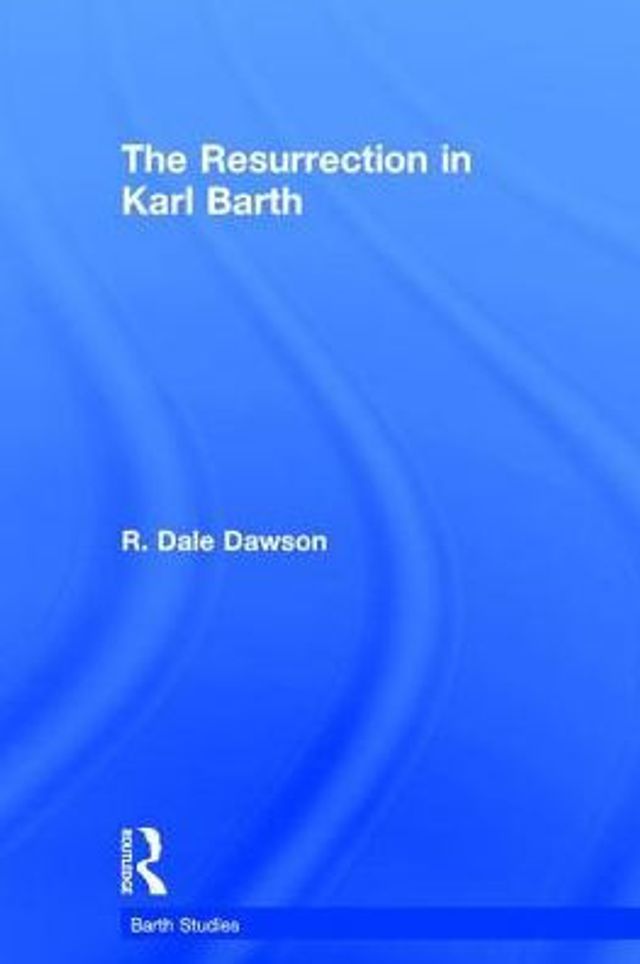Home
Forensic Apocalyptic Theology: Karl Barth and the Doctrine of Justification
Barnes and Noble
Forensic Apocalyptic Theology: Karl Barth and the Doctrine of Justification
Current price: $79.00


Barnes and Noble
Forensic Apocalyptic Theology: Karl Barth and the Doctrine of Justification
Current price: $79.00
Size: Hardcover
Loading Inventory...
*Product information may vary - to confirm product availability, pricing, shipping and return information please contact Barnes and Noble
Concerned by the ever-widening chasm between Paul and Reformation theology,
Forensic Apocalyptic Theology
is a thorough and innovative examination of the mature work of Karl Barth in relationship to the question of Paul and the Protestant doctrine of justification. Shannon Nicole Smythe argues that the basis of Barth's revised doctrine of justification is located in his mature Christology, which is both deeply apocalyptic and thoroughly forensic. Closely analyzing Barth's exegetical work, Smythe discovers in Barth what she terms a "forensic-apocalyptic" approach, which allows him to formulate a doctrine of justification with stronger ties not only to the Reformation doctrine but also to Pauline apocalyptic.
The result is that Barth's doctrine of justification is not susceptible to the same criticisms commonly brought against a judicial (forensic) reading, while his soteriology becomes more consistently forensic than that of the Reformation and points toward a different approach to the relationship between justification in Paul and the Protestant doctrine.
Forensic Apocalyptic Theology
is a thorough and innovative examination of the mature work of Karl Barth in relationship to the question of Paul and the Protestant doctrine of justification. Shannon Nicole Smythe argues that the basis of Barth's revised doctrine of justification is located in his mature Christology, which is both deeply apocalyptic and thoroughly forensic. Closely analyzing Barth's exegetical work, Smythe discovers in Barth what she terms a "forensic-apocalyptic" approach, which allows him to formulate a doctrine of justification with stronger ties not only to the Reformation doctrine but also to Pauline apocalyptic.
The result is that Barth's doctrine of justification is not susceptible to the same criticisms commonly brought against a judicial (forensic) reading, while his soteriology becomes more consistently forensic than that of the Reformation and points toward a different approach to the relationship between justification in Paul and the Protestant doctrine.


















